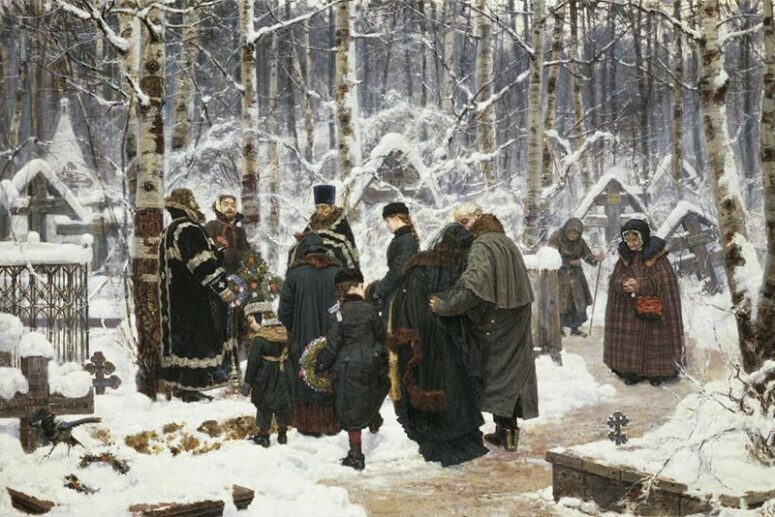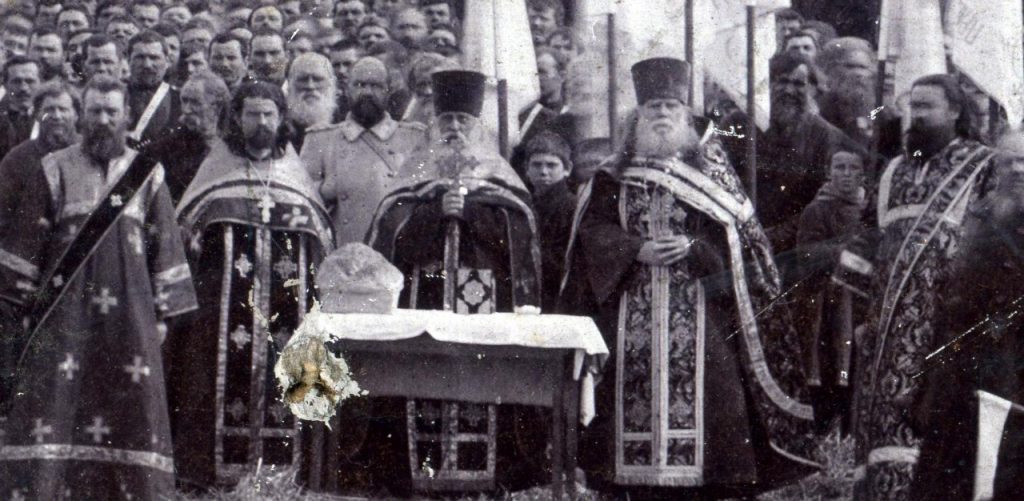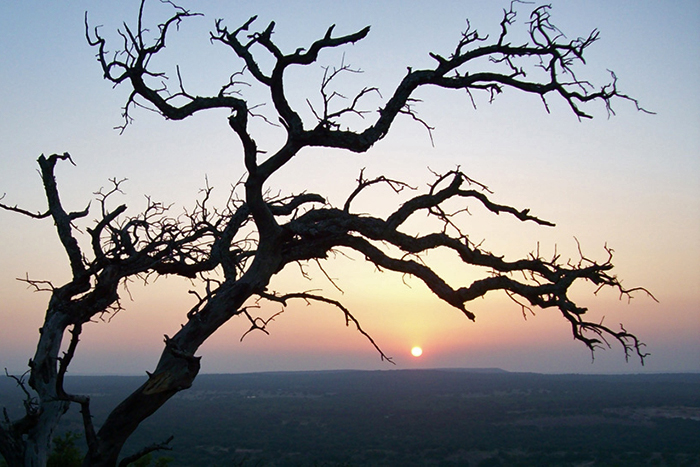Is It Necessary to Celebrate the Birthday of The Deceased Person and The Day of His Death?
Usually people just request a memorial service and pray on this day.
We must be aware that the commemoration meeting, which is usually arranged, has a double meaning and historical origin. On the one hand, unfortunately, it often happens at the commemoration meeting that people just drink alcohol, start laughing, joking and just having a good time. The reason why people have gathered is lost, nobody thinks very much about the deceased. On the other hand, commemoration meeting has deep Christian roots: the thing is, different people gathered at the commemoration meeting, everyone who could, both acquaintances and strangers, both the poor and the rich – all people were fed so that they would commemorate and pray for the deceased in gratitude for this treat. That is, the commemoration meeting was perceived as mercy on his behalf.
People Worry That They Come Rarely to The Grave of Their Loved One. How Important Is It?
It would be better if people were worried not about that they cannot get to the grave of their loved ones in the cemetery, but that they cannot pray sincerely for him, that they cannot become members of the Church, partake of communion, confess and remember their relatives in prayer! And the fact that we do not visit the cemetery often and this will entail some bad consequences is just superstitious fear, which we should not have.
Regarding the grave and the body of the deceased, unfortunately, there is still an element of paganism: if we are talking about trying to somehow “appease” the dead man, to make sure “everything is fine with him there” and he will not disturb the living, as people often think. It is sometimes believed that the deceased starts to come in dreams, that he himself influences this, and people start to carry out some rituals to stop this. It is wrong.
As for the general attitude of the Church towards the bodies of the deceased, there were different traditions. We know that we have a special attitude towards the bodies of saints – they are venerated as relics. But the bodies of ordinary Christians are treated with reverence and respect as well. Therefore, the Orthodox Church does not approve of cremation, although it meets those who cannot do otherwise halfway — we still serve the funeral and memorial services, regardless of the method of burial.
Is It A Sin to Visit Cemetery on Easter And During the Bright Week?
On Easter day you have to go to church: Easter is the time to celebrate the victory over death!
It’s one thing for the villages and small towns still have the tradition to go to the nearby cemetery together with the priest, singing “Christ is Risen from the Dead!” and sprinkling graves with holy water after the Easter night service. In this tradition, we see the desire of people who have just been at Sunday Easter service to share this joy with the deceased – figuratively, of course, but it still comes from a certain overflow of joy! And another thing, when a person simply leaves Easter service behind for a visit to the cemetery … Of course, this is deeply wrong! As St. Gregory the Theologian writes: “When comparing Easter and other feasts, it is like the sun and the stars,” that is, it is the greatest feast, incomparable with anything, and instead of celebrating it, people go to the cemetery… What is more important for them: the risen Christ or the dead?
So, the Soviet tradition of going to the graves of relatives on Easter is a mistake. Actually, in Soviet families, many different traditions were developed; moreover, often they were completely erroneous, and we must fight against them.
The best time for visiting cemeteries is, of course, Radonitsa, Tuesday of the second week after Easter, a special day for the special commemoration of the dead. But you can go to the cemetery in advance, before Easter. Many people do so, they clean up the grave of relatives after the winter, try to tidy up there for the feast, if possible. You can go there the next Sunday after Easter, if there is no other time (for example, if a person works and knows that he will not be able to escape from work on Radonitsa). This is better than trying to get to the graves of relatives on the very Easter day!

If A Person Has Taken the Death of a Loved One Very Hard for Years, How Can He Overcome Grief and A Sense of Despair?
Sorrow and grief are natural, but St. John Chrysostom says that Christ, Who wept on the tomb of Lazarus, showed us the measure of our sorrow. That is, it should be just sorrow, sadness that the person who lived next to us, is dead now, but it should not be excessive grief, which offends God, as many authors write. There are three main topics in the burial service: the topic of obligatory prayer for the deceased, the topic of the remembrance of death (that is, you yourself must remember about death) and the hope for resurrection. Gospel reading at the funeral service, as well as apostolic reading, speak of the very resurrection!
Accordingly, if a person grieves immeasurably, then he shows with his life that he has no hope, that he does not trust in God fully, does not believe in His support, does not believe in His comfort and, as a result, does not believe in the immortality of the soul and the resurrection of the dead. If he does not believe, how can the Church help such a person? And if he believes, then he should not grieve excessively, and here the Church gives him comfort. As apostle Paul writes: I would not have you to be ignorant, brethren, concerning them which are asleep, that ye sorrow not, even as others which have no hope. For if we believe that Jesus died and rose again, even so them also which sleep in Jesus will God bring with him (…) the Lord himself shall descend from heaven with a shout, with the voice of the archangel, and with the trump of God: and the dead in Christ shall rise first: Then we which are alive and remain shall be caught up together with them in the clouds, to meet the Lord in the air: and so shall we ever be with the Lord. Wherefore comfort one another with these words (1 Thessalonians 4:13–18).
Translated by The Catalogue of Good Deeds
Source: https://foma.ru/11-voprosov-o-pominovenii-usopshih.html




